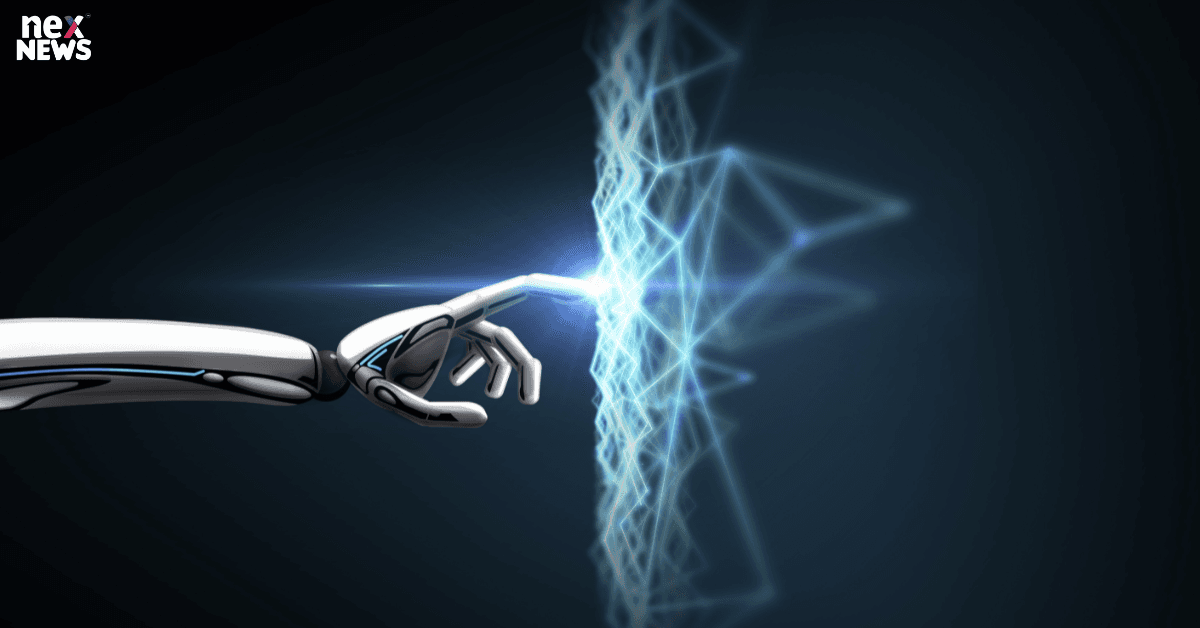Introduction
The collaboration between engineering and computer science plays a crucial role in moving forward in robotics. This scientific branch is all about creating and assembling robots – cool machines of different shapes and sizes that help us in different jobs. While making helpful devices is not new in engineering, modern robotics focuses on building machines that can work with little human supervision. Exploring robotics involves facing challenges in politics, economics, and social aspects, but it also brings exciting opportunities to improve and uplift society.
How Robots Help Us Stay Safe and Do Tough Jobs
Robots are made to tackle various issues related to keeping people safe and helping with tasks that are hard for us. Firstly, robotics focuses on situations where people work in places that are dangerous or need a lot of effort. For example, individuals spending a long time underground or in areas with harmful substances and radiation face risks to their health. Similarly, experts dealing with finding and deactivating bombs regularly put their lives in danger. Besides saving lives, robotics also addresses another challenge – our limited abilities. For instance, since humans can't stay underwater for too long, we can create robots to take on missions that require more time. So, robots can be used in medicine, farming, making things, storing items, delivering goods, and more.
Adapting to Robots in Politics
As robots team up with humans, the political world is adjusting. Bringing robots and their tech buddies into global politics opens up fresh chances for countries to protect themselves. This might seem like a good thing. Now, robots take charge of keeping things safe, meaning fewer humans need to be in the security game.
The Upsides and Downsides
However, there's a flip side. The worry that automation – swapping out people for machines – brings is causing a bit of a stir in political calm. Especially for folks whose jobs might be taken over by machines, this is not a happy development. The presence of robots in politics is stirring up tensions, and people are watching closely how politicians feel about this new tech. Some are all for it, while others are not so thrilled.
Impact of Robots on Our Lives
The way robots affect our society is tied to the issues they're made to tackle. One good change is that people can now focus on jobs that robots can't do, giving them more free time or more interesting and challenging tasks. This shift is clear in farming, where a lot of the hard work is done by machines, leaving workers with more time for less tiring jobs. But, there's a downside too. Automation can make some jobs disappear, or there might be fewer job openings, causing more people to be out of work. This can lead to more problems like higher unemployment and unrest in the community. People who lose their jobs to machines might feel disheartened and struggle to find new work, making life harder and increasing the gap between rich and poor.
Social and Political Changes' Effect on the Economy
Social and political issues can affect how money and businesses work. Imagine a seesaw: on one side, robots help businesses grow and make things faster. But, on the other side, people might lose jobs because of robots. This means we need to spend more money to teach these workers new things, and this can make it harder for everyone to buy things, making the economy wobbly. If a country doesn't think about robots when making work rules, it could hurt the economy.
The world of robots is growing, and it brings both good and not-so-good things for people, businesses, and countries. But here's the deal: the good stuff is way more than the not-so-good stuff. Robots are already making life easier for many folks. They help out, keep people safe, and let humans focus on other jobs that don't put their health at risk. As long as we make sure to protect human rights, robots could be a super helpful part of our work crew in the future.


POST A COMMENT (0)
All Comments (0)
Replies (0)